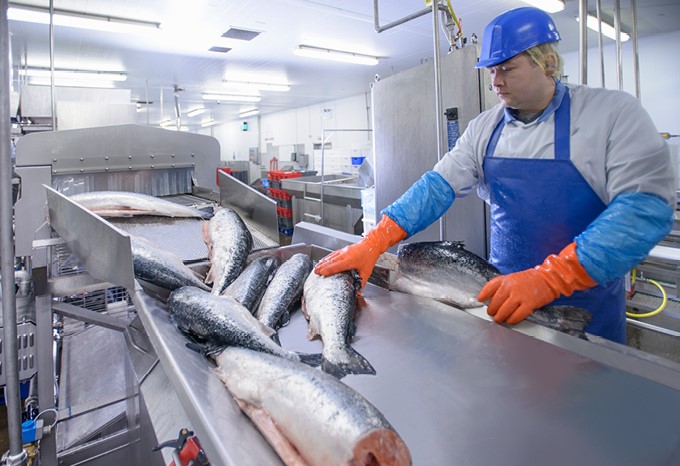North East Lincolnshire Council is offering a pair of workshops designed to help local businesses compete for public and private sector contracts.
The sessions, organised through InvestNEL and delivered by Tender360, will cover all stages of the tendering process, from identifying opportunities to preparing bid submissions. Businesses will gain guidance on procurement procedures, buyer expectations, evaluation criteria, pricing, and integrating social value into proposals.
The first workshop on 16 October will provide an introduction to public sector tendering and focus on preparing businesses to bid, including policies, insurances, accreditations, and references. The second session on 23 October will concentrate on assessing opportunities and producing strong tender responses, with practical advice on method statements, commercial strategy, pricing, and demonstrating added value. Both workshops will take place at the Europarc Innovation Centre, Grimsby, from 09:30 to 12:30.
Attendance is limited to businesses registered in North East Lincolnshire, and participants must commit to both sessions. A refundable deposit of £25 is required. Funding is provided by the UK Shared Prosperity Fund.












